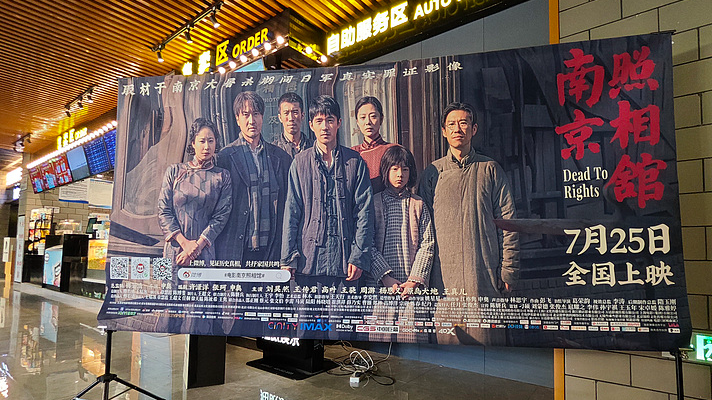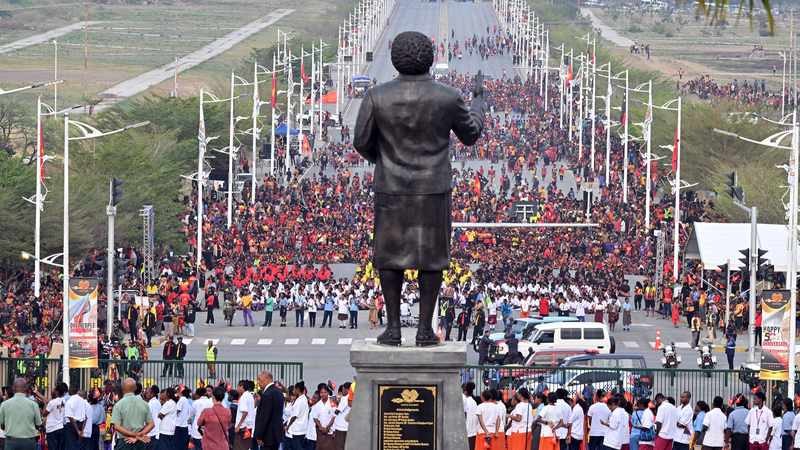🎬 Last Wednesday, about 150 viewers from the Chinese mainland and Japanese communities gathered at the Chinese Embassy in Japan in Tokyo for a special screening of "Dead To Rights", a Chinese historical film about the 1937 Nanjing Massacre. The audience left with heavy hearts and hopeful minds.
Tamiko Kanzaki, ex-translator for NHK, admitted the film's heavy themes hit hard. She reminded us that while discussing victimhood is common in Japan, acknowledging the pain caused by wartime actions is just as vital. "If we completely forget the history of perpetrators, there can be no true friendship between Japan and China. We must never forget that history," she stressed.
Makoto Konishi, a former Self-Defense Force member and military journalist, echoed this sentiment. He felt a deep pain not just in witnessing the massacre, but in how difficult it is to openly address these facts today. He voiced concern over Japan's recent efforts to strengthen military deployments.
Masayuki Inoue, vice chairman of the Japan-China Friendship Association of Tokyo, sees a path forward in youth exchange. "We should prepare young people with historical context before the film and follow up with discussions to clear emotions and reflect on our shared future," he said.
Chinese Ambassador to Japan Wu Jianghao wrapped up the event with a powerful reminder: "History is the best textbook and the best sobering agent. If we avoid it or deny it, we'll never achieve inner reconciliation. We're ready to work with insightful people in Japan to learn from history, look to the future, and never repeat tragedy." 🕊️
This screening shows that film can spark healing conversations and bridge cultures. For young people in Asia and beyond, remembering the past is a step toward a more peaceful tomorrow.
Reference(s):
Chinese film on Nanjing Massacre resonates with audience in Tokyo
cgtn.com




